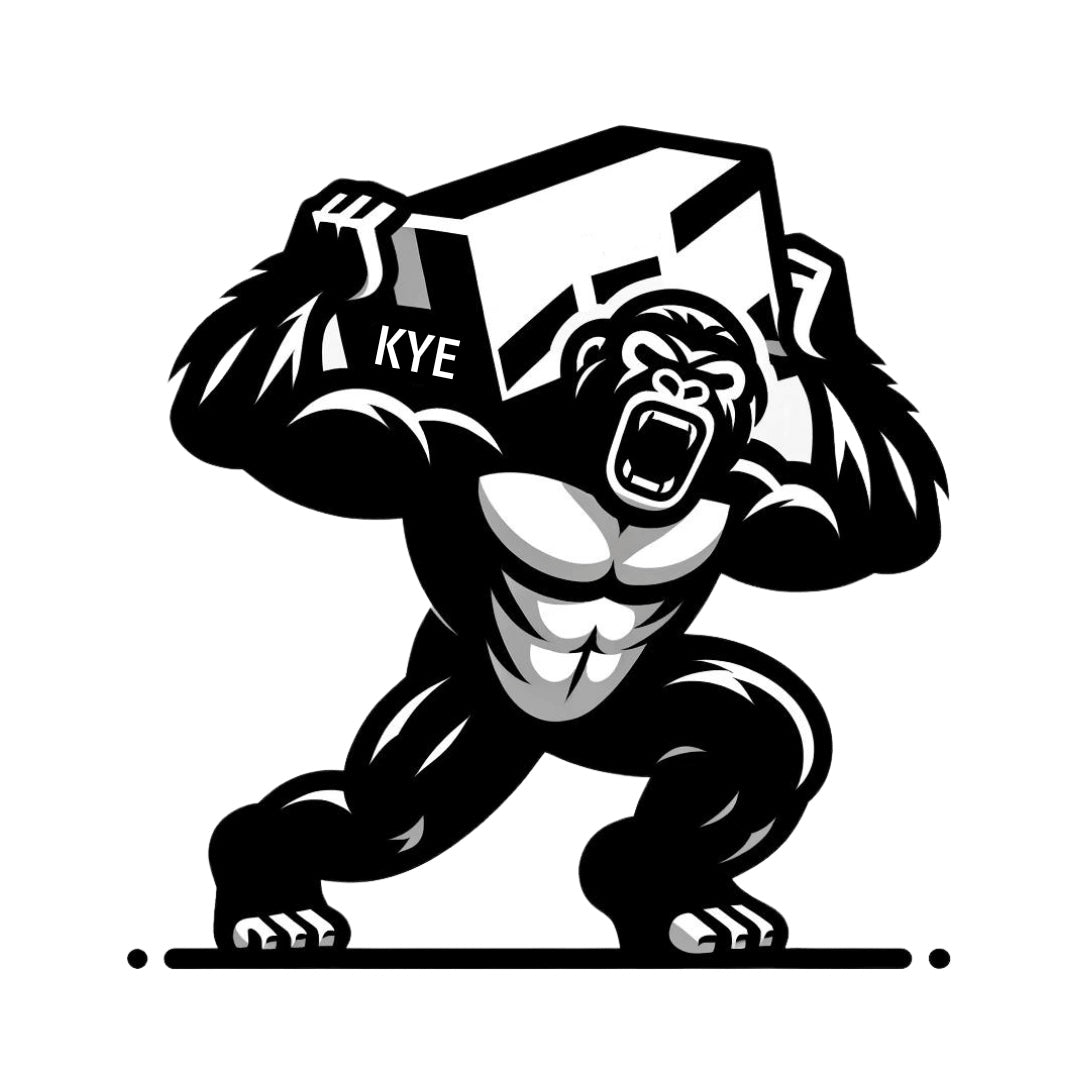Five reasons why we don't need record labels anymore
Written by Pete Armitage
The role of a record label was once an essential feature in the pursuit of a successful music career. ‘Getting signed’ was perceived as a mandatory hurdle, a golden ticket to making it big. Stories of colossal advance payments for eight-album deals abounded and obtaining a record contract conjured images of instant wealth and celebrity.
Nowadays, many artists actively attempt to subvert the stamp of a major label. It’s just not cool anymore to be signed to WMG. How else can we explain the existence of their ‘Alternative Distribution Alliance (ADA)’ branch? Basically label alliances like ADA serve as an elaborate ruse to entice indie music customers turned off by the presence of a major label brand. Subsidiary outfits like this are targeted at those who prefer the local cafe to Starbucks. Aka most tastemakers.

Up until the peak of record sales revenue in 1999 ($21.5 billion), record labels’ role in the industry was totally justifiable - they dealt with the previously complex matters of distribution and promotion, so that artists could focus on making great music.
But in this day and age, musicians can forge very successful careers without having to sell any CDs or vinyl at all, indeed physical sales only account for 10% of music industry revenue according to RIAA statistics1. Chance The Rapper even went on to winning a prestigious Grammy award with his self-released third album Coloring Book, without selling any physical copies whatsoever.
But even outside the realm of physical sales, contemporary artists have demonstrated the redundancy of record labels in dealing with their affairs. Vulfpeck achieved the seemingly impossible by performing for 13000+ fans at Madison Square Garden in 2019, without a label or a manager. Billboard interviewed band member Jack Stratton on how this was possible, ‘I've always been curious how far you can take it, just trying to use the Internet efficiently.’ He went on to add his prime motivation for taking an alternative route to success, ‘...at the end of the day, I want to get the musicians paid as much as possible. If that's your North Star, a lot of stuff is out of the question -- certainly a label, and most likely a manager. That's been the guiding thing.’

So it’s pretty demonstrable - uploading music and organising gigs is easy and accessible for all. What other factors make record labels redundant in 2020?
Record labels were previously necessary to navigate the complex network of distributors, press agents and manufacturing bodies required to publish and sell physical music. This whole process is now largely obsolete, with over 75% of recorded music revenue coming from streaming.
At present (providing your music is ready to release) the only third party required between you and the streaming platform is a distributor/aggregator such as Tunecore, CDbaby, Distrokid or LANDR.
Artists are generally only required to pay a one-off distribution fee per release and can keep 100% of their sales revenue.
The process is very simple, artists pay the small fee, upload their release and associated information (release date, artwork, title etc) and hey presto their music is on all the major streaming platforms in no time.
Distrokid even offers a subscription service whereby artists can release as much as they like within a given year after a one-off subscription payment. Pretty cool right?
- Labels provide quality control. The same quality control can be achieved by feedback rounds with a solid network of respected producers. (W)
One of the greatest benefits of releasing through a label is quality control. Receiving judgment from unbiased ears with industry experience is invaluable. The process of feedback rounds is essential for artists regardless of their calibre.
Despite working with a label being the best way to gain solid feedback, one can also emulate this invaluable process by having a solid network of respected producers with which to share your music.
Forging a solid network is essential for producers wishing to build their career and the old saying rings true, ‘it’s not what you know, it’s who you know.’
Thanks to the social media the role of PR agencies has been demystified. Many electronic artists have now cut out the label middleman and work directly with PR managers to achieve their goals.

Indeed, the art of social media management is a discipline itself, but again, with proper knowledge and understanding, huge followings can be achieved independently by artists promoting their work, just check out Vulfpeck as mentioned above.
It’s quite simple really - there just isn’t enough profit in streaming revenue for most artists if the label takes a cut. Especially considering recent circumstances (COVID-19), artists are relying more than ever on streaming revenue to stay afloat. There’s just barely going to be anything left if a label is taking 50%+ (often to recoup costs which were unnecessary in the first place - see above).
Further investigating this conundrum, James Shotwell, Director of Customer Engagement at Haulix wrote a piece for Hypebot revealing that it would require three million streams per year for an artist to earn enough gross income to live beyond the poverty line in the United States. This shocking figure doesn’t even account for overheads, or there being other band members/co-owners, where obviously earnings would be further diluted. If you throw a label into the mix, proceeds very quickly become miniscule even with yearly streams well into 8-figures.
It’s become almost a cliche for established artists to complain about interference from labels. The complex language of recording contracts often renders artists’ output entirely at the whim of label executives, who can turn their nose up at any material that doesn’t tickle their fancy. This directly removes agency and creative control from the creator, who, when under pressure surely will struggle to provide authentic output..
Frank Ocean is the rare exception to the rule. He famously escaped his contractual obligations in style back in 2016 when he released Endless, the last album to honour his agreement with Def Jam, before independently releasing his grammy-winning magnum opus Blonde the next day.
His smart manoeuvres in Blonde’s release ended up allegedly netting him 70% of the album’s profits; $1.77 million even after publishing fees. An inspiration for other artists trapped in unfavourable record contracts.
- https://www.riaa.com/u-s-sales-database/
- https://www.statista.com/topics/2126/record-labels/
- https://ir.citi.com/NhxmHW7xb0tkWiqOOG0NuPDM3pVGJpVzXMw7n+Zg4AfFFX+eFqDYNfND+0hUxxXA
- https://www.highsnobiety.com/p/frank-ocean-blonde-profit/#:~:text=With%20estimates%20that%20Frank%20took,net%20about%20%241.77%20million%20from
- https://www.hypebot.com/hypebot/2019/12/how-many-spotify-streams-are-necessary-to-live-above-the-poverty-line.html





